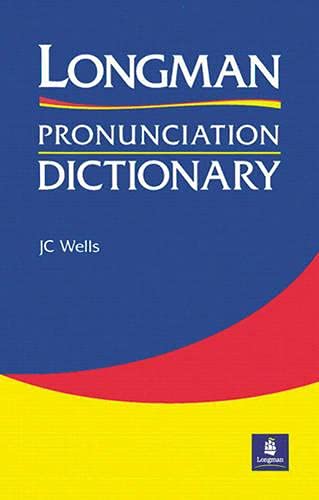

(The sentences that I checked were "Seamstresses attach zippers with a thimble, needle, and thread", "The misquote was retracted with an apology", and "Remove the splinter with a pair of tweezers".) Thus in 21 repetitions (7 each) of three sentences where with was followed by a or an, there were 6 instances of voiced with, for 6/21 = 28.6% voiced with. But maybe not richly enough, I don't know…Īnyhow, I had a spare hour today in Amsterdam, and I happen to have the TIMIT database on my laptop, so I thought I'd take a look at what it tells us about American pronunciations of with in various contexts, at least as of the time it was recorded (circa 1986). So I worked from (as it turns out not very well informed) memory, and from those resources I could quickly find online.Īnd wouldn't it be nice if LPD were online? Pearson now owns Longman, I believe - they've got the expertise to do it easily, and the marketing muscle to monetize it. I do own a copy of LPD, but frankly I'm not sure which of 15-20 bookcases in which of several places it's in, and I didn't have time to look for it. In my defense, I will note that my little " How to pronounce with" post was written in haste as I was about to head out to the airport to fly to Amsterdam (ironically, for a committee meeting to discuss plans for a conference on "Patterns of macro- and micro-diversity in the languages of Europe and the Middle East"). So the only way I can reasonably expect to disseminate the research I carried out into whether people prefer wɪθ or wɪð is indeed to put it online, which I shall now proceed to do, Here’s the entry for with from LPD.

They don’t want the inconvenience and expense of buying a book or locating the book in a library. I suppose the problem is in the phrase “finding it online”.People now no longer look for information in books, or in libraries: they expect to be able to locate it in in Wikipedia or via Google. Why do I bother, if no one reads what I write? Also a note mentioning that "in Britain, wɪθ is nevertheless frequent in Scotland" – again, with statistics. There followed a string of commentators reporting what they said or what this or that dictionary reported.ĭoesn't anyone ever consult my Longman Pronunciation Dictionary? There you will find both preference statistics and graphs for wɪθ and wɪðin both American and British English. I've never heard a discussion of this point of pronunciation variation, except with respect to the varieties of English that have or. In reply Mark Liberman, the usually very knowledgeable writer of the post in question, said just I found myself being just a tiny bit querulous when commenting on a posting in Language Log.


 0 kommentar(er)
0 kommentar(er)
